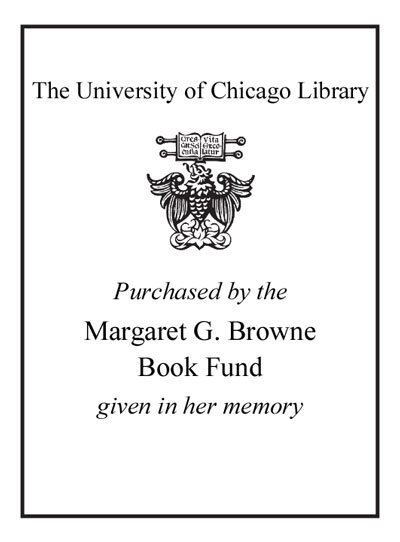Review by Choice Review
From reel to real has always been a preoccupation among cultural historians. How does the big screen reflect big events of America's past? What is the relationship between Hollywood and history? Cullen (Fieldstone School, New York) examines this relationship by focusing upon the careers of six actors and their films. He analyzes how their body of work challenges or reinforces cultural assumptions that shaped the historical narrative of the US. His selection of actors ranges from obvious choices such as Daniel Day-Lewis, whose career has explored Colonial America, the Civil War, the Industrial Revolution, and the oil boom of the early 20th century, to Jodie Foster, whose movies provide a woman's perspective regarding historical and cultural assumptions about gender. The other actors profiled are Clint Eastwood, Meryl Streep, Denzel Washington, and Tom Hanks. Only the careers of Hanks and Washington provide the substance necessary to fulfill the author's objectives. Although the book is entertaining, those interested in the relationship between film and history should consider other titles, such as the pioneering work of Peter C. Rollins, editor, Hollywood as Historian (1983). Summing Up: Recommended. General, public, and lower-level undergraduate libraries. D. O. Cullen Collin College
Copyright American Library Association, used with permission.
Review by Library Journal Review
As Cullen (Born in the U.S.A.: Bruce Springsteen and the American Tradition) argues in this study, collective ideas and myths about history can be powerful enough to mold on an almost subconscious level a nation's daily lives. To demonstrate, he discusses the career arcs of six Hollywood stars-Clint Eastwood, Daniel Day-Lewis, Denzel Washington, Tom Hanks, Meryl Streep, and Jodie Foster-and identifies what he calls "master narratives" of U.S. history that gradually emerged from their bodies of work. Cullen's film analysis is down to earth yet sharp as he teases out common themes among seemingly divergent films. Still, he is not always mindful in adequately explaining the historical narratives themselves, with certain chapters relying too much upon biographical details. When Cullen properly balances analysis and context, the results are quite striking, including an outstanding chapter on the bonds between Day-Lewis's films and historian Frederick Jackson Turner's classic frontier thesis. Moreover, while this book is an academic work, Cullen's approach is accessible as he outlines how historical thinking can work on an everyday level. Verdict Students of American history and popular culture will benefit from Cullen's creative scholarship.-Chris Martin, North Dakota State Univ. Libs., Fargo (c) Copyright 2013. Library Journals LLC, a wholly owned subsidiary of Media Source, Inc. No redistribution permitted.
(c) Copyright Library Journals LLC, a wholly owned subsidiary of Media Source, Inc. No redistribution permitted.
Review by Choice Review
Review by Library Journal Review

